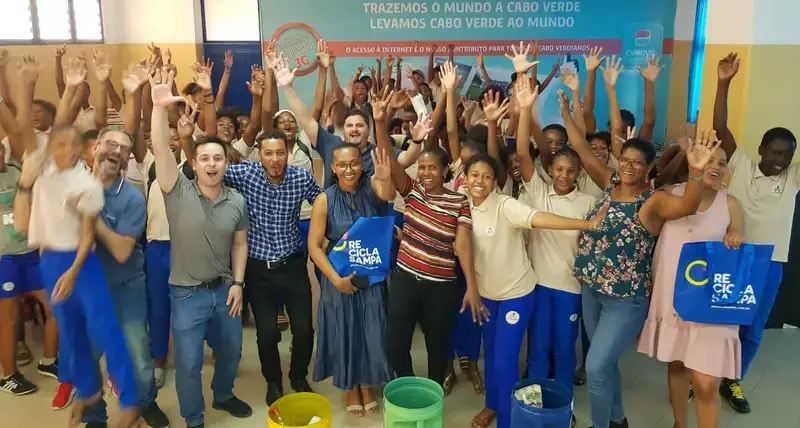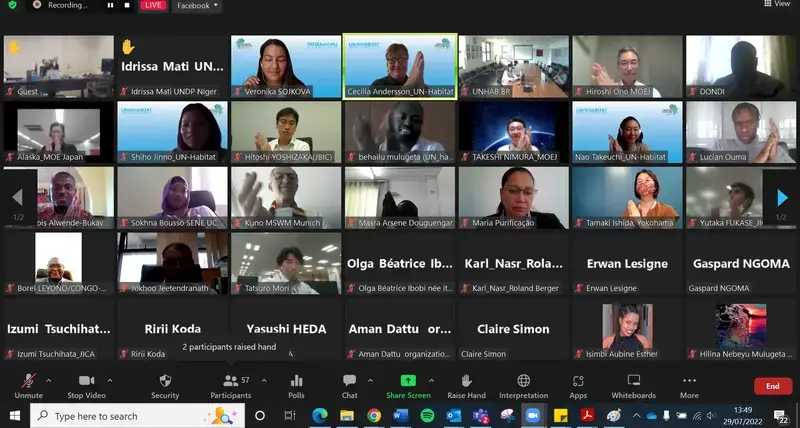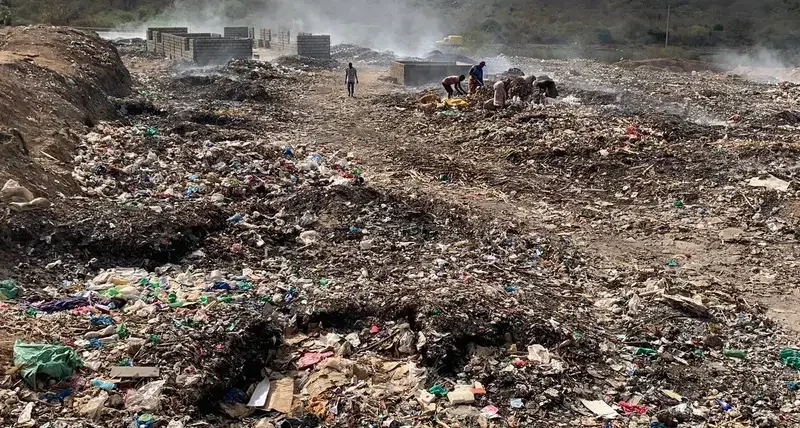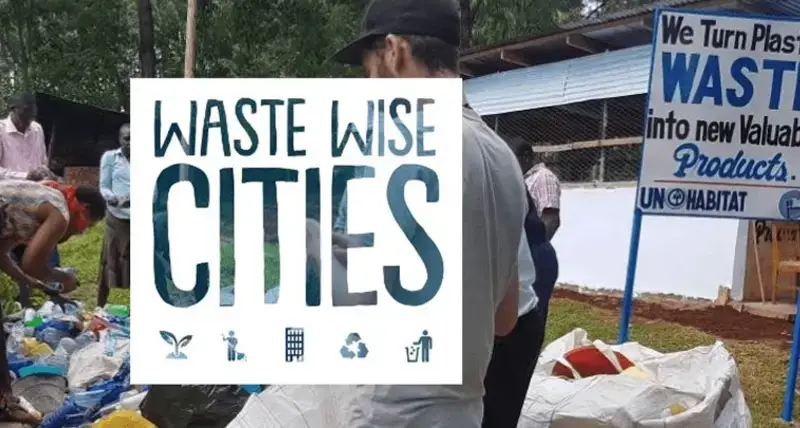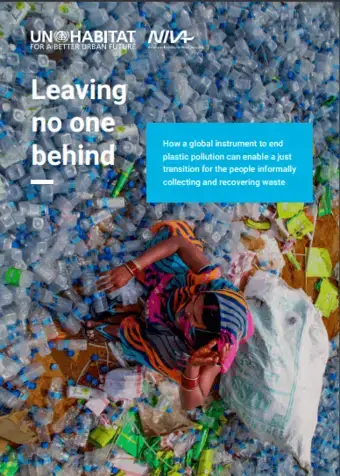Overview
We support local authorities in tackling the growing challenge of municipal solid waste management and to contribute to a circular economy.
UN-Habitat launched “Waste Wise Cities”, to address the increasing global waste management crisis. Waste from homes, markets, businesses and institutions is thrown on the streets, in drains, dumped next to communities or openly burnt. Not only does this make our cities unsightly and unattractive to tourists and investors, it leads to flooding, air and water pollution, diseases as well as respiratory and other health problems. The urban poor are the most affected. Waste management operations account for a significant proportion of city budgets, but financing for waste management remains inadequate.
However, cities can effectively tackle the waste management problem when regarding waste as a resource, contributing also to reducing global Green House Gas emissions and local air pollution. To be successful, cities must deal with their waste management issues in their context, while also learning from the experience of other cities
The Challenge
While poor solid waste collection and management causes air and water pollution, as well as marine litter and contributes to climate change, a sustainable integrated solid waste management system can actually create opportunities. These include for example green jobs, renewable energies and becoming more self-sufficient by closing the loop for relevant resources.
Learn more about the Waste Wise Cities initiative.
Impact
Donors and partners
Together with local authorities from all around the world, UN-Habitat is putting waste management on the agenda through its Waste Wise Cities programme, which is promoting principles for a sustainable integrated solid waste management system.
Another waste management initiative, African Clean Cities Platform, is supporting local authorities in African continent to improve their solid waste management through knowledge and good practices sharing and investment promotion. This successful platform was created together with the Ministry of the Environment, Japan, Japan International Corporation Agency, Yokohama City and UN Environment.
UN-Habitat is currently also cooperating with UN Environment on tackling Marine Litter through improved solid waste management in the World’s Cities, being a member of the Global Partnership on Marine Litter.
Another area of cooperation lies within the monitoring of waste-related Sustainable Development Goals (SDG) Indicators. Being the custodian agency for SDG 11.6.1. “Proportion of municipal solid waste regularly collected and managed in a controlled facility” UN-Habitat partnered with the custodian agencies of other waste related SDG-indicators and international experts for a “Joint Programme on Waste Related SDG Indicators Monitoring and Capacity Development”. As part of this programme, the SDG monitoring methodology is being developed and tested jointly with UN Environment, the United Nations Statistics Division (UNSD), the International Solid Waste Association (ISWA), GIZ, University of Leeds, wasteware and Swiss Federal Institute of Aquatic Science and Technology (Eawag).
Furthermore, UN-Habitat is part of “Paving the way for Coordination and Collaboration on UN System-wide support for e-waste management”, a coalition of 10 UN agencies colloquially known as “the e-waste coalition”. In this coalition UN-Habitat is working together with the International Labour Organization (ILO), the International Telecommunication Union (ITU), the International Trade Centre (ITC), the Secretariats of the Basel and Stockholm Conventions (BRS Conventions), UN Environment, the United Nations Industrial Development Organization (UNIDO), the United Nations Institute for Training and Research (UNITAR), the United Nations University (UNU) and World Health Organization (WHO) on capacity building and project implementation to find innovative solutions for the management of waste electric and electronical equipment.

